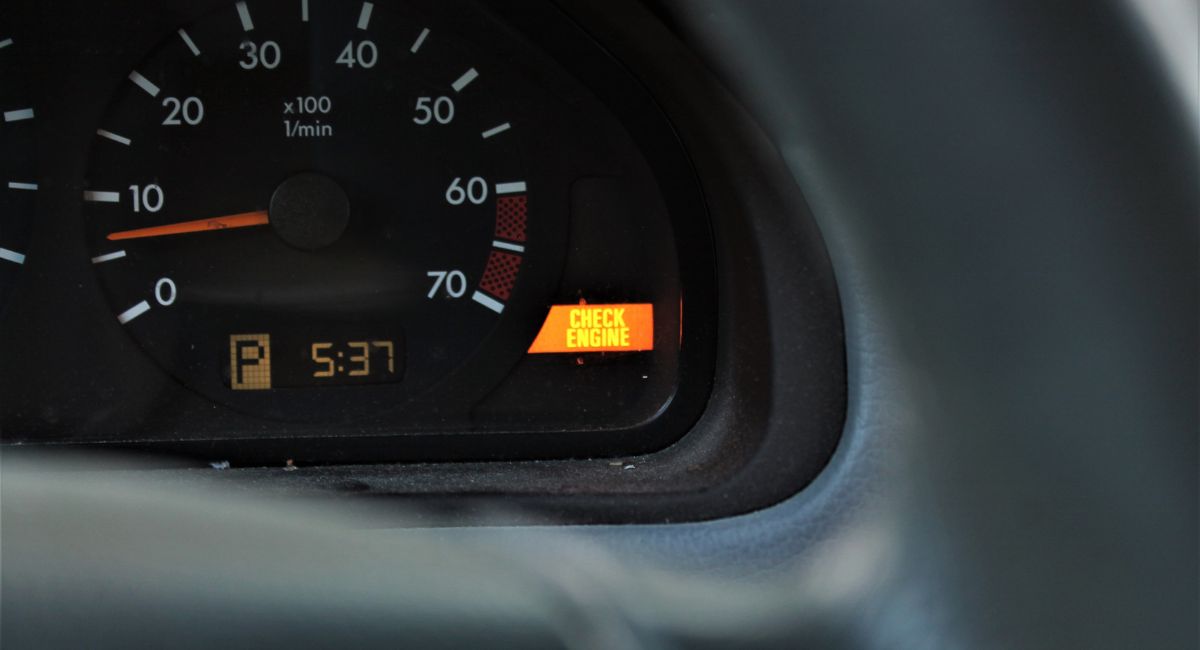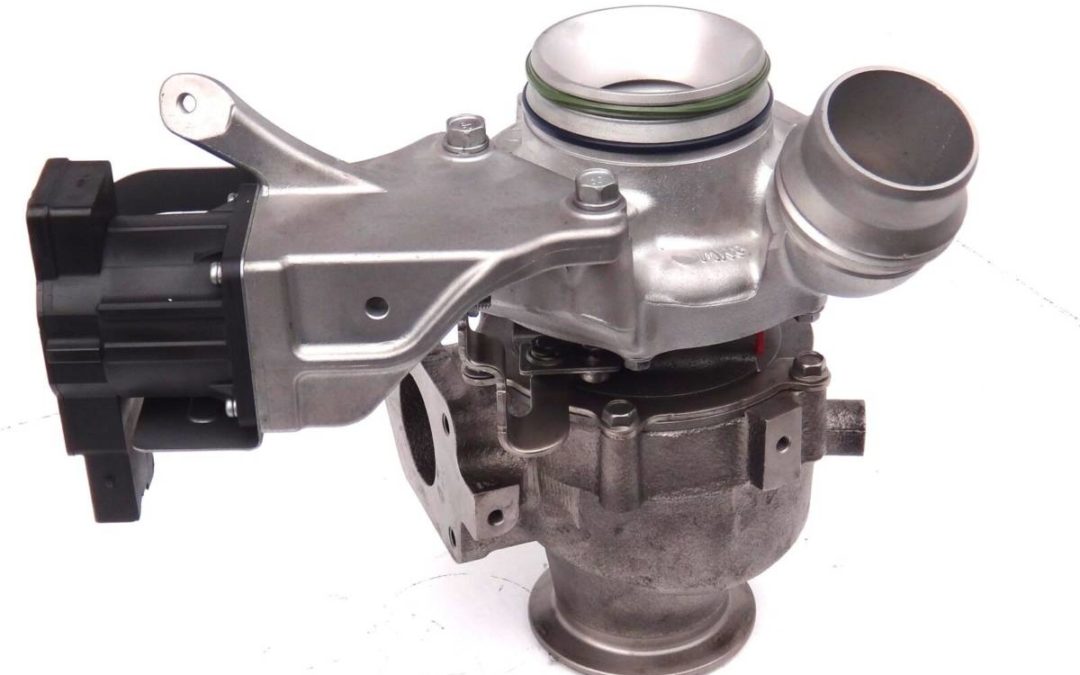The BMW 320d E90 garners significant popularity for its reliability, but as with any vehicle, it’s not without the occasional hiccup. One issue you may face as an owner could be turbo failure.
Delve into this common problem in our guide as we walk you through the usual culprits of turbo failure, the signs you need to watch out for, and the proactive measures you can adopt to prevent such issues.
Lastly, we touch on the best time to opt for a turbo replacement and the diverse array of BMW Spares options at your disposal. Additional insight into common car issues can be found in our articles about BMW E90 gearbox problems and BMW X5 E70 injector problems.
What Does E90 Turbo Failure Sound Like?
Common Causes of Turbo Failure
Mechanical Failure
Turbochargers are complex pieces of machinery that operate under extreme conditions. Mechanical failure can occur due to manufacturing defects, wear and tear, or poor maintenance. Common mechanical issues include bearing failure, shaft breakage, and compressor wheel damage.
Oil Contamination
Oil is crucial for lubricating and cooling the turbocharger. Contaminated or low-quality oil can cause sludge buildup and accelerated wear, leading to turbo failure.
Foreign Object Damage
Foreign objects, such as debris or small particles, can enter the turbocharger and cause damage to the compressor or turbine wheels, leading to a decrease in performance or complete failure.
BMW 320d E90 Turbo Failure Symptoms
Loss of Power
A significant loss of power is often the first noticeable symptom of a failing turbo. This is due to the turbocharger’s inability to provide the necessary boost pressure for optimal engine performance.
Increased Exhaust Smoke
Excessive exhaust smoke, particularly blue or black smoke, can indicate a problem with the turbocharger. Blue smoke usually indicates oil consumption, while black smoke may indicate unburned fuel.
Unusual Noises
Whining Noise
A failing turbocharger can produce a high-pitched whining noise, especially under load. This noise is often a result of worn bearings or damaged turbine blades.
Rattling Noise
Rattling or knocking noises can signify turbocharger issues, such as a damaged wastegate or a loose exhaust manifold connection.
Oil Leakage
Oil leaks around the turbocharger can indicate worn seals or damaged oil lines, potentially leading to turbo failure.
Check Engine Light

A check engine light may illuminate if the engine control module detects a problem with the turbocharger system, such as insufficient boost pressure.
How to Diagnose Turbo Failure
Visual Inspection
Start by visually inspecting the turbocharger for any obvious signs of damage or oil leaks. Check the compressor and turbine wheels for cracks, chips, or excessive play.
Oil Analysis
Performing an oil analysis can help identify potential issues with the turbocharger. Look for signs of metal particles, excessive wear, or oil contamination.
Monitoring Boost Pressure
Use a boost pressure gauge to monitor the turbocharger’s performance. Low or inconsistent boost pressure may indicate a failing turbo.
Reading Diagnostic Codes
Scan the engine control module for diagnostic trouble codes (DTCs) related to the turbocharger system. These codes can provide valuable information to help pinpoint the issue.
Preventing Turbo Failure
Regular Maintenance
Proper maintenance is essential for extending the life of your turbocharger. Follow the manufacturer’s recommended service intervals, and replace worn or damaged components as needed.
Using High-Quality Oil
Use high-quality engine oil that meets the specifications recommended by BMW. This helps to ensure proper lubrication and cooling for the turbocharger.
Avoiding Aggressive Driving
Aggressive driving stresses the turbocharger, potentially leading to premature failure. Drive smoothly and avoid rapid acceleration when possible.
Allowing Turbo to Cool Down
Before shutting off the engine, allow the turbocharger to cool down by idling for a short period. This helps prevent oil coking and thermal stress.
When to Replace the Turbo
If you are experiencing several of the symptoms mentioned above and have confirmed the issue through diagnosis, it is time to consider replacing the turbocharger. Continuing to drive with a failing turbo can lead to further engine damage and decreased performance.
Turbo Replacement Options
OEM Replacement
An OEM (Original Equipment Manufacturer) replacement is a direct fit and will maintain the original performance and reliability of your BMW 320d E90. This option is usually the most straightforward but can be costly.
Aftermarket Upgrades
Some aftermarket options may offer improved performance or durability compared to the OEM turbocharger. However, choosing a reputable manufacturer and ensuring compatibility with your vehicle is essential.
Rebuilding the Turbo
Rebuilding the turbocharger may be cost-effective if the damage is not too severe. This involves replacing worn or damaged components and reassembling the turbocharger. Finding a skilled technician for this task is crucial to ensure a successful rebuild.
Conclusion
Experiencing turbo failure in your BMW 320d E90 might reveal various symptoms, ranging from an unexpected loss of power to peculiar noises. By consistently performing regular maintenance, using high-quality oil, and steering clear of aggressive driving habits, you’re likely to stave off many such problems.
Nonetheless, should you come face to face with a turbo failure, diagnosing the problem and exploring the different replacement options available, including sourcing BMW Spares right here in South Africa, becomes crucial. It’s worth noting that the type of replacement you opt for—an OEM replacement, an aftermarket upgrade, or a rebuild—should ideally address the problem promptly to prevent further damage to the engine and ensure your vehicle’s performance is quickly restored.
For more advice on BMW maintenance and problem prevention, check out our blogs on common problems of the BMW E36, and the common BMW N62 engine problems.
FAQs
Can I drive my BMW 320d E90 with a failing turbocharger?
A: While driving with a failing turbo may be possible, doing so can lead to further engine damage and decreased performance. It is best to address the issue promptly.
How long does a turbocharger typically last?
A: The lifespan of a turbocharger can vary depending on factors like maintenance, driving habits, and manufacturing quality. On average, a well-maintained turbocharger can last between 100,000 and 150,000 miles.
How much does it cost to replace a turbocharger on a BMW 320d E90?
Replacing a turbocharger can vary depending on the replacement option and labor costs. Expect to pay between R20,000 and R50,000 for an OEM replacement, including labor. Aftermarket upgrades or rebuilding the turbo may be more cost-effective but can range from R4000 to R15,000, depending on the parts and labor involved.
Can a turbocharger failure cause engine damage?
Yes, a turbocharger failure can lead to engine damage if not addressed promptly. A failing turbo can cause excessive oil consumption, leading to engine wear and damage. Additionally, debris from a damaged turbocharger can enter the engine and cause further harm.
Is it possible to prevent turbo failure in my BMW 320d E90?
While it may not be possible to prevent all turbo failures, regular maintenance, using high-quality oil, avoiding aggressive driving, and allowing the turbo to cool down before shutting off the engine can significantly reduce the risk of failure and extend the life of your turbocharger.


